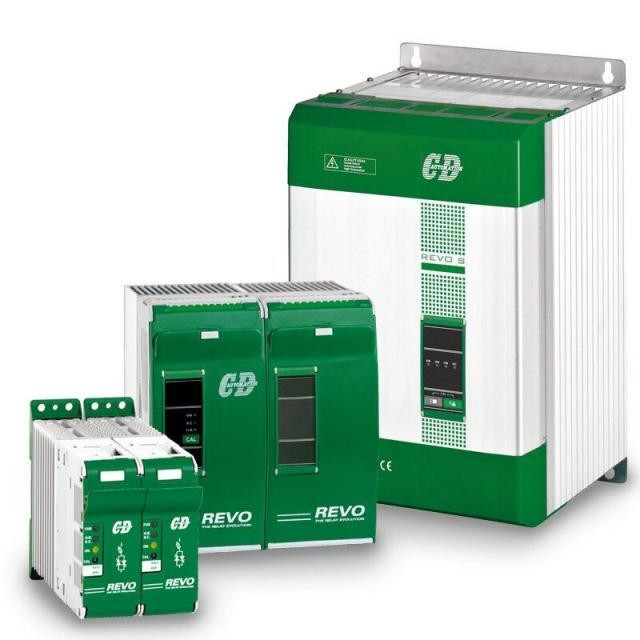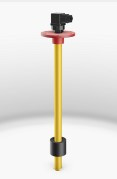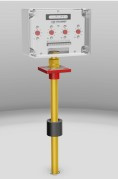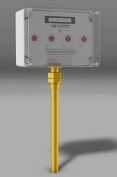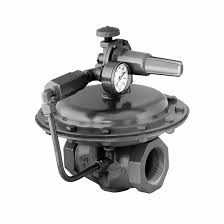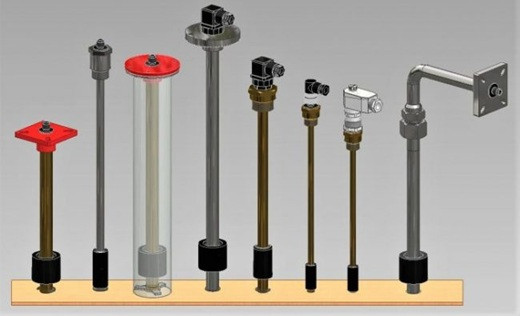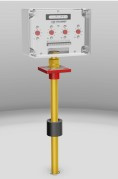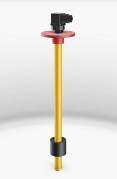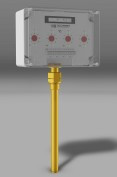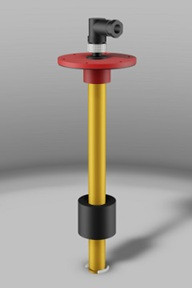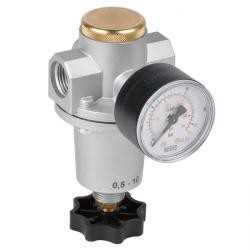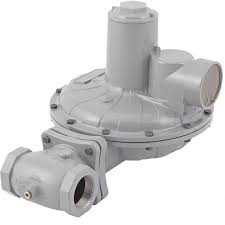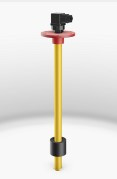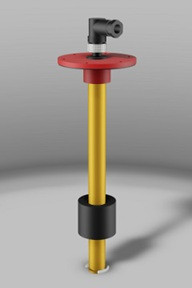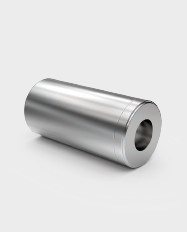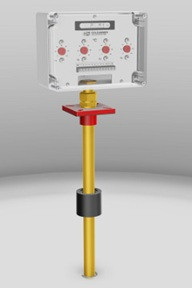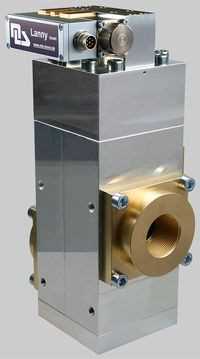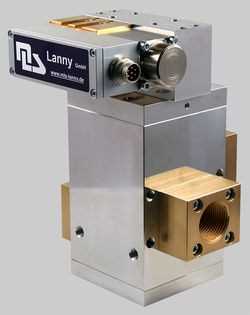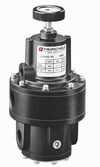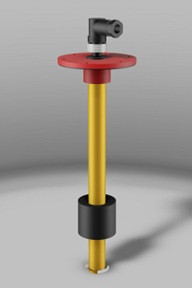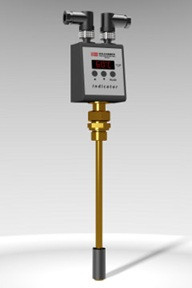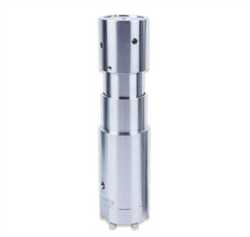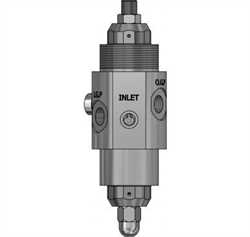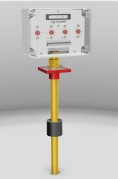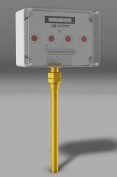Regulators
In automatic control, a regulator is a device which has the function of maintaining a designated characteristic. It performs the activity of managing or maintaining a range of values in a machine. The measurable property of a device is managed closely by specified conditions or an advance set value; or it can be a variable according to a predetermined arrangement scheme. It can be used generally to connote any set of various controls or devices for regulating or controlling items or objects.
Examples are a voltage regulator (which can be a transformer whose voltage ratio of transformation can be adjusted, or an electronic circuit that produces a defined voltage), a pressure regulator, such as a diving regulator, which maintains its output at a fixed pressure lower than its input, and a fuel regulator.
Regulators can be designed to control anything from gases or fluids, to light or electricity. Speed can be regulated by electronic, mechanical, or electro-mechanical means.

